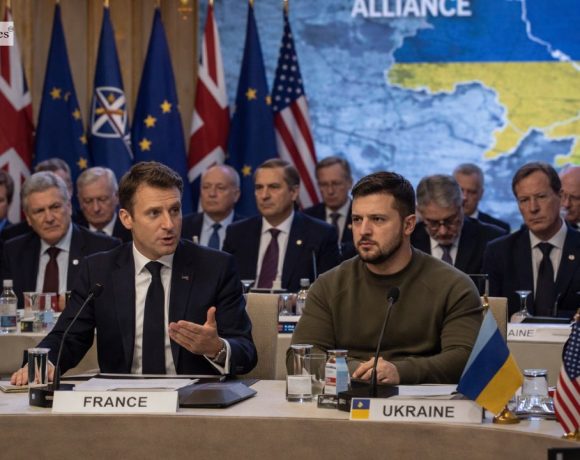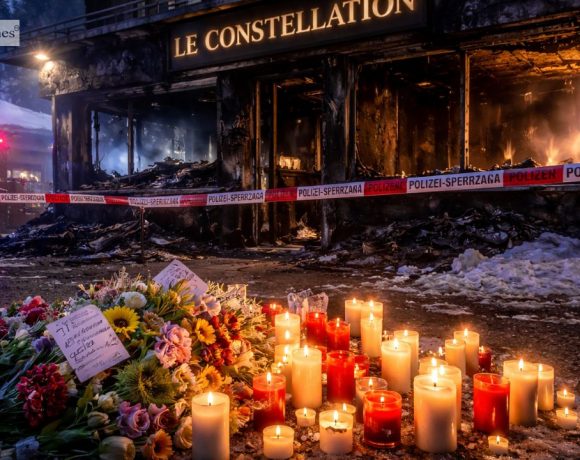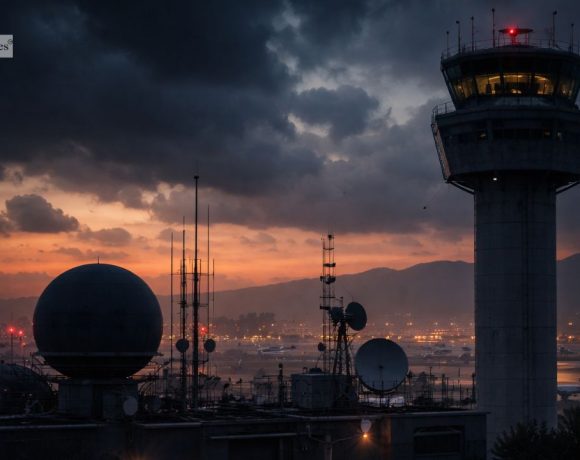The grand finale held on January 6th in Kerala, India, became a vibrant celebration of culture and elegance as Pournami Murali from Kerala was crowned Alcazar Watches Miss India Glam World 2026. Organized with distinction by Pegasus Global Pvt Ltd, the national pageant brought together exceptional women from across the country, highlighting diversity, talent, and beauty with purpose. Pournami Murali is set to represent India at the upcoming Miss Glam World, upholding a legacy of grace, confidence, and excellence.
Accompanying the winner on the podium were Soumya S Thomas from Kerala, who was named first runner-up, and Sanjana Akasam from Telangana as second runner-up. The title winner was crowned by former Miss India Glam World Shwetha Jayaram, while the first runner-up was crowned by Deepthi Vijayakumar, Managing Director of Aiswaria Advertising, and the second runner-up was crowned by Preethi Parakkat, Managing Director of Parakkat Jewels, in the presence of Dr. Ajit Ravi, Founder & Chairman of Pegasus Global Pvt. Ltd.
Presiding over the judging process were a distinguished panel of experts from around the world: Archana Ravi (Model and Actress), Harmeet Singh Gupta (Managing Director, U&I Entertainment), Ankita Kharat (Miss Queen of India 2016, Singer & Model), and Nikita Thomas (Miss South India 2019 & Model).
Regional Titles:
Miss India Glam World North – Saumya Shukla (UP)
Miss India Glam World West – Aditi Tambe (Maharashtra)
Miss India Glam World South – Srushti S (Karnataka)
Subtitle Winners:
1. Miss India Glam World Solidarity – Aiswarya Padmakumar (Kerala)
2. Miss India Glam World Fashionista – Shrutika Rathod (Maharashtra)
3. Miss India Glam World Popularity – Juhi Singh (Telangana)
4. Miss India Glam World Congeniality – Ritu Jaiswar (Maharashtra)
5. Miss India Glam World Humaneness – Meenakshi Unnikrishnan (Kerala)
6. Miss India Glam World Inspiring – Meenakshi Unnikrishnan (Kerala)
7. Miss India Glam World Vivacious – Nishita Tahilramani (Kerala)
8. Miss India Glam World Talent – Sanjana Akasam (Telangana)
9. Miss India Glam World Ramp Walk – Aditi Tambe (Maharashtra)
The crown worn by the winners was handcrafted by Preethi Parakkat of Parakkat Jewels, symbolizing beauty with cultural depth. The event was powered by FICF, SAJ Group, Unique Times, Parakkat Resorts, JVK Motors, DQ, DQUE Watches, and Vedha Architects, while the main partner was Alcazar Watches.
Co-partners who contributed to the event’s grandeur included DQUE Soap, VeeKayVees Caterers, Aiswaria Outdoor Media, Europe Times, UT World, Times New, uniquetimes.org, Kalpana International Salon & Spa, JD Institute of Fashion Technology, VPS Lakeshore, Akshay Inco, and Green Media.
Pic Courtesy: pegasus/ images are subject to copyright


















